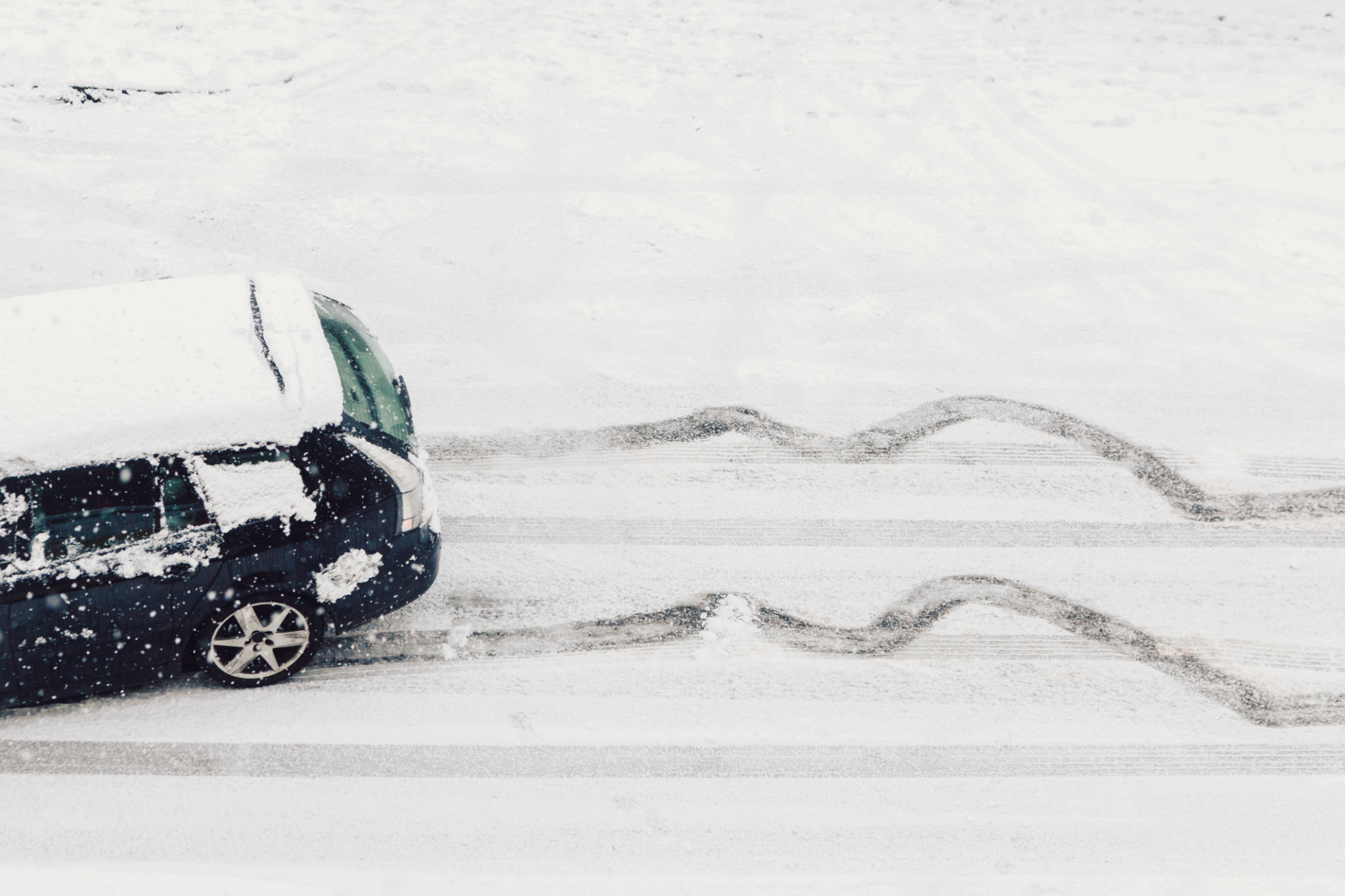Winter Senior Safety Tips for Caregivers in Nebraska
Preparing for Winter: A Caregiver's Guide
As the temperatures drop and snow begins to blanket the landscape, caregivers in Nebraska face unique challenges in ensuring the safety and well-being of their senior loved ones. Winter weather conditions can pose risks such as falls, hypothermia, and seasonal illnesses. Here are some essential tips to help caregivers navigate these challenges effectively.

Ensuring Warmth and Comfort
Keeping seniors warm is a top priority during the cold months. It's crucial to ensure that their home is adequately heated. The thermostat should be set to at least 68 degrees Fahrenheit to prevent hypothermia. Encourage layering with warm clothing and use blankets to provide extra warmth. Don't forget to check that windows and doors are properly sealed to avoid drafts.
Additionally, make sure that seniors have access to a reliable heat source. In case of a power outage, having a backup heating plan is essential. Stock up on blankets, portable heaters, and extra fuel to ensure that your loved ones remain comfortable even in unexpected situations.
Preventing Falls
Winter conditions bring ice and snow, increasing the risk of falls for seniors. To prevent accidents, keep pathways and driveways clear of snow and ice by regularly shoveling and using salt or sand for traction. Encourage seniors to wear sturdy shoes with non-slip soles when venturing outside.
Inside the home, ensure that all walkways are free of clutter and that rugs are securely fastened to the floor. Install grab bars in the bathroom and handrails on both sides of staircases to provide additional support.

Maintaining Health
Winter is also flu season, so it's important to keep seniors healthy and protected against common illnesses. Encourage them to get a flu shot and stay up-to-date with their vaccinations. Promote good hygiene practices such as frequent handwashing and using hand sanitizer.
Ensure that seniors have a well-balanced diet rich in vitamins and nutrients to boost their immune system. Encourage drinking plenty of fluids, as homes tend to be drier during the winter months, which can lead to dehydration.
Staying Connected
Isolation can be a concern during the winter months when it’s harder for seniors to get out and about. Encourage regular communication with family and friends through phone calls or video chats. Consider setting up a weekly schedule for check-ins to ensure they stay connected and feel supported.

Emergency Preparedness
Winter storms can lead to unexpected emergencies. Ensure that seniors have an emergency kit with essentials such as flashlights, batteries, non-perishable food, water, medications, and a first aid kit. Having a list of emergency contacts readily accessible is also important.
Encourage seniors to have a plan in place in case they need to leave their home quickly. This includes having transportation arrangements and knowing where they will go if staying at home is not an option.
Conclusion
Caring for seniors during the winter months requires extra attention and planning. By ensuring warmth, preventing falls, maintaining health, staying connected, and preparing for emergencies, caregivers can help their loved ones navigate the winter season safely and comfortably in Nebraska. Stay proactive, stay prepared, and ensure that your senior loved ones enjoy a safe winter season.